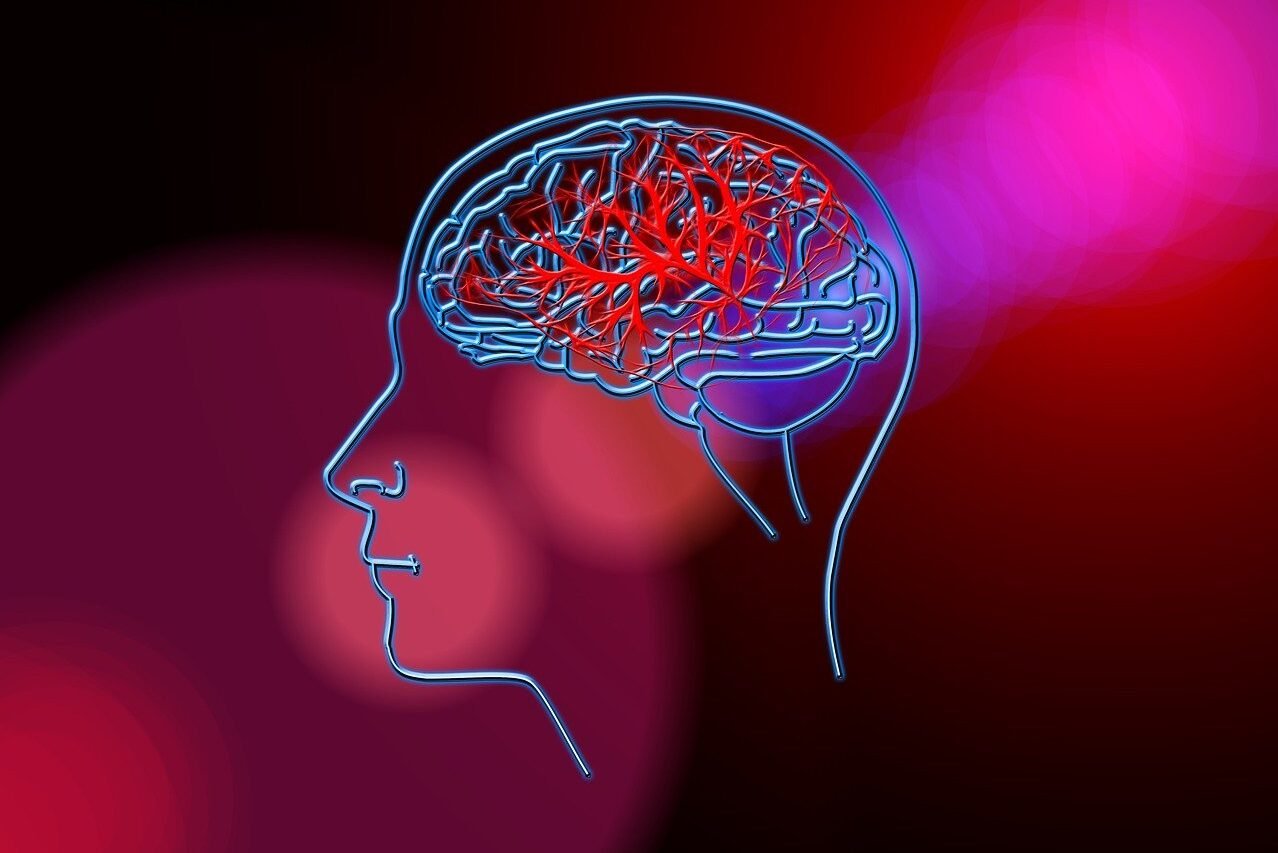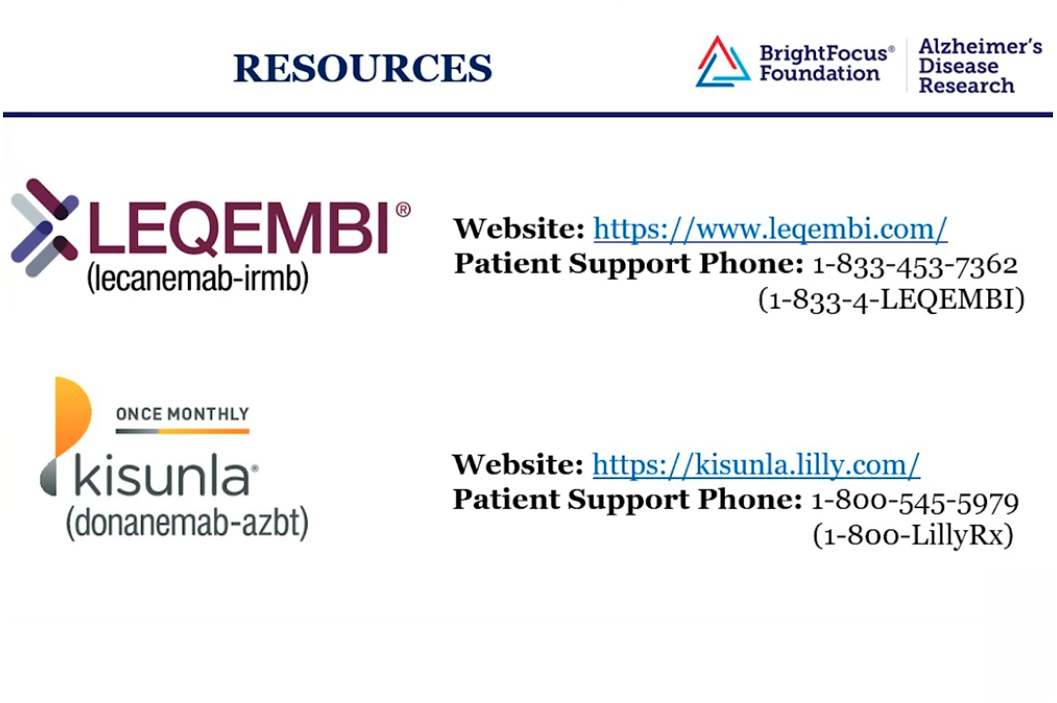
PrecivityAD™ Blood Test Helps Diagnose Alzheimer’s
Research shows that a blood test now on the market accurately identifies brain amyloid status with a single blood sample. In other words, this blood test can diagnose Alzheimer’s.

Research shows that a blood test now on the market accurately identifies brain amyloid status with a single blood sample. In other words, this blood test can diagnose Alzheimer’s.

Early evidence indicates that ketogenic therapy is a safe and effective treatment for Alzheimer’s Disease and other forms of dementia. Dr. Stephen Cunnane discusses how ketogenic therapies can help.

FDA-approved Sargramostim, a normal human protein, improved memory and cognition in Alzheimer’s patients in a Phase II clinical trial. The drug is safe and well-tolerated, and has been used for other disorders for 30 years.

A neuroradiologist at the Mayo Clinic in Jacksonville, FL warns that increased use of monoclonal antibody treatment for Alzheimer’s has also led to the discovery of amyloid-related imaging abnormalities — ARIA. Find out more.

The first drugs for Alzheimer’s disease emerged in the 1990s, but since then there has been a wave of clinical trial failures, major companies pulling resources from neuroscience R&D, and progress.

A fascinating study in Europe finds that individuals who felt they had memory problems did in fact have measurable cognitive deficits. Scientists analyzed the spinal fluid to measure the levels of biomarkers associated with Alzheimer’s.

Swedish researchers find that cholinesterase inhibitors provide cognitive benefits and reduce mortality for up to five years after an Alzheimer’s diagnosis. One medication significantly reduced the risk of developing severe dementia.

Swiss researchers find that people with certain personality traits are protected against Alzheimer’s disease, including those who are less agreeable, had natural curiosity, and were nonconformists. Find out why.

Researchers in Florida find that robotic pet cats improve mood, behavior and cognition in older adults with mild to moderate dementia. Find out more.

Dr. Robert Przybelski has prescribed lecanemab to real-life patients, and discusses his experience prescribing and administering the treatment.

Scientists say the neurons responsible for transforming experiences into memories are always the first to go in Alzheimer’s. Now they’re taking a closer look to try to figure out why, and what to do about it.

A research study finds when young healthy men had a full, uninterrupted night of rest, their blood levels showed a reduced level of tau, the biomarker for Alzheimer’s disease. The level was higher when they lost just one night of sleep. Learn more.

Higher midlife omega-3 levels were linked to lower early-onset dementia risk. It’s not proof — but it’s a meaningful signal worth paying attention to.

People with dementia who were consistently seen by the same General Practitioner (GP) are given fewer medicines and are less likely to be given medicines that can cause problems, according to researchers at University of Exeter. Learn more.

A deep promise to be there for an Alzheimer’s parent, this heartwarming song was written as a tribute to families facing dementia.

Amyloid is one of the leading culprits behind Alzheimer’s. Scientists know it damages memory by killing brain cells. Now research reveals how amyloid triggers memory loss in perfectly healthy brain cells as well. Learn more about how Alzheimer’s develops.

Getting out into the fresh air and taking a walk does good things for your brain and well-being, researchers say.
No spam, only news and updates.


